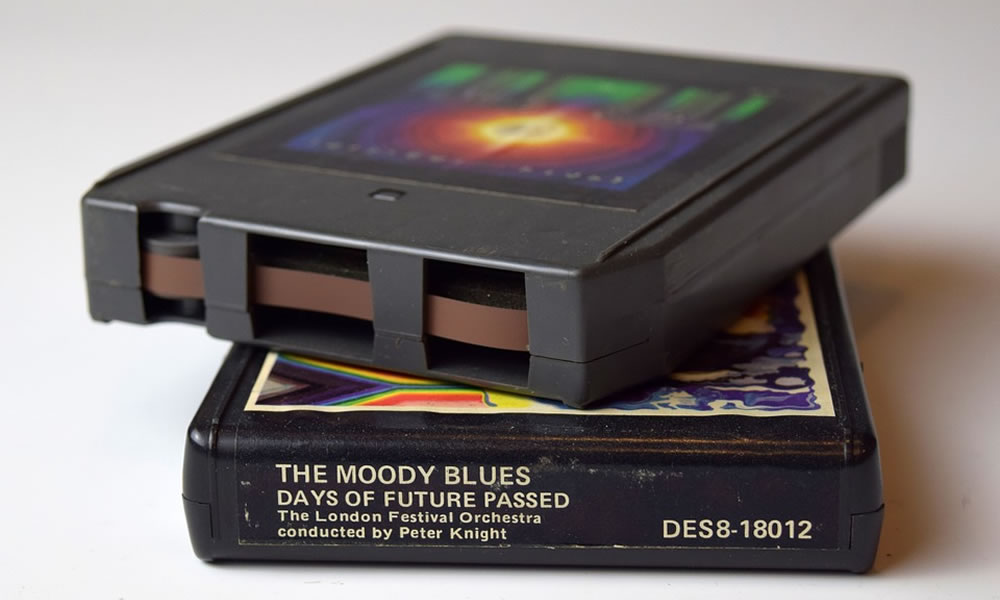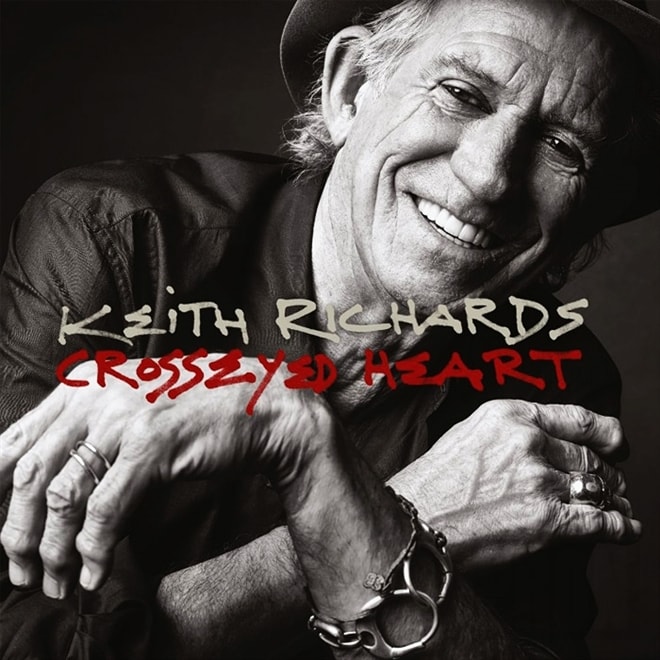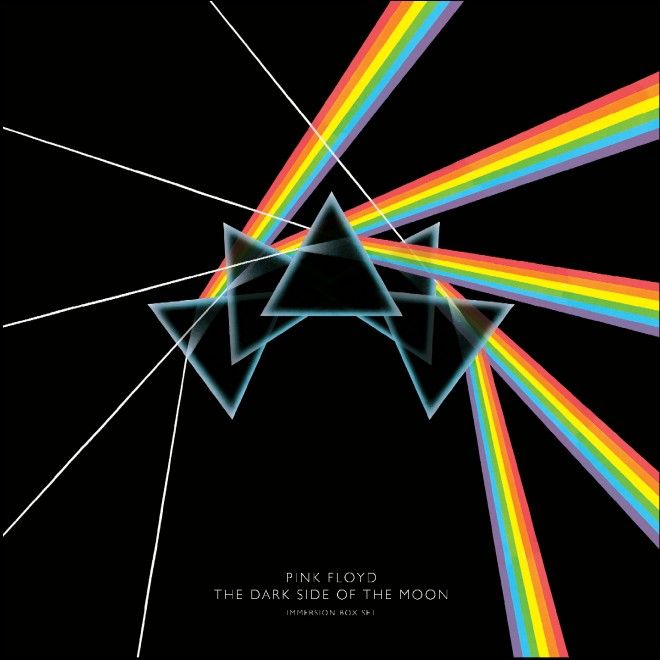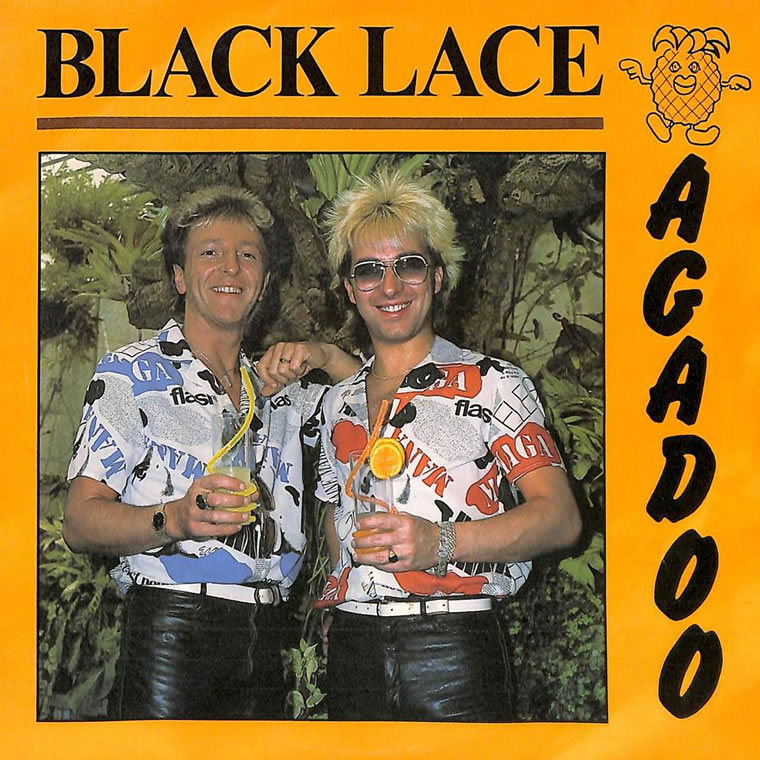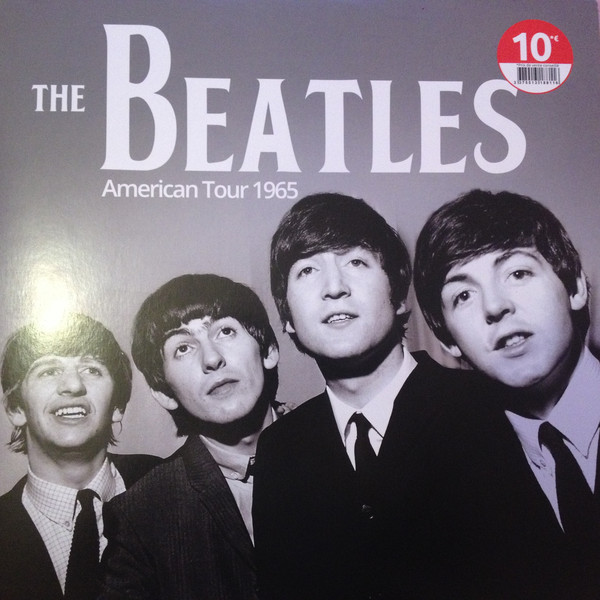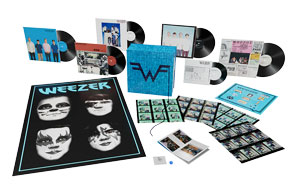Robert Plant
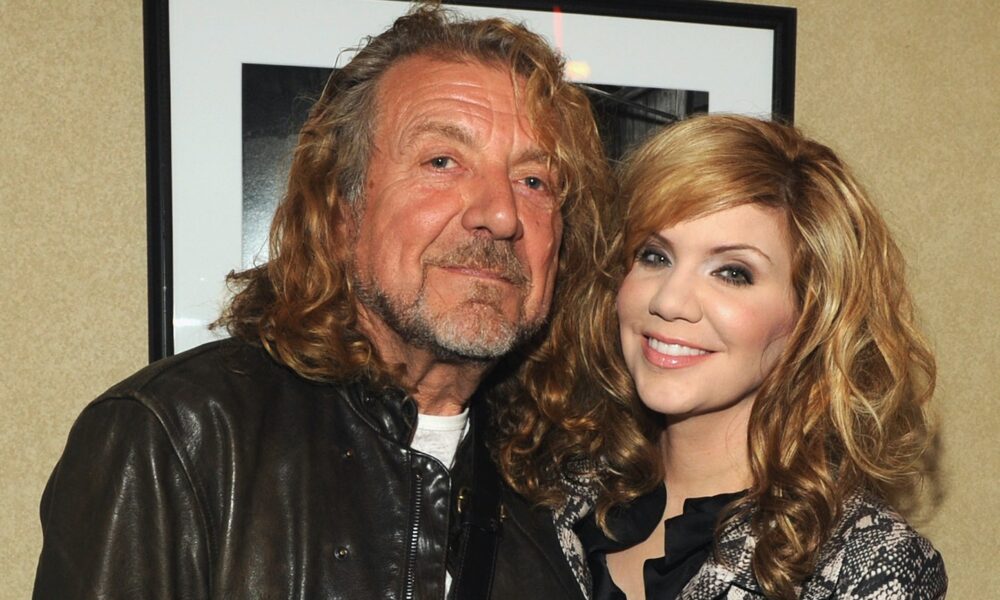

Robert Anthony Plant was born on 20 August 1948, in the Black Country town of West Bromwich, Staffordshire, England, to Robert C. Plant, a qualified civil engineer who worked in the Royal Air Force during the Second World War and Annie Celia Plant (née Cain), a Romani woman.
He left King Edward VI Grammar School for Boys in Stourbridge in his mid-teens and developed a strong passion for the blues, mainly through his admiration for Willie Dixon, Robert Johnson. He abandoned training as a chartered accountant after only two weeks to attend college in an effort to gain more GCE passes and to become part of the English Midlands blues scene.
Plant had various jobs while pursuing his music career, one of which was working for the major British construction company Wimpey in Birmingham in 1967, laying tarmac on roads. He also worked at Woolworth’s in Halesowen town.
He cut three obscure singles on CBS Records and sang with a variety of bands, including the Crawling King Snakes, which brought him into contact with drummer John Bonham. They both went on to play in the Band of Joy, merging blues with newer psychedelic trends.
In 1968, guitarist Jimmy Page was in search of a lead singer for his new band and met Plant after being turned down by his first choice, Terry Reid, who referred him to a show at a teacher training college in Birmingham (where Plant was singing in a band named Hobbstweedle). That evening Plant sang Jefferson Airplane’s “Somebody to Love”, leading Page to end his search.
Jimmy Page, Robert Plant, John Paul Jones and John Bonham played together for the first time on 12th Aug 1968,when they rehearsed at a studio in Lisle Street in London’s West End. The first song they played was “Train Kept A-Rollin.” Released in 1951, written by Tiny Bradshaw and co-produced by Ahmet Ertegun – the man who would sign Zeppelin to his Atlantic label.
On 7th Sept 1968, Jimmy Page, Robert Plant, John Paul Jones and John Bonham made their live debut as Led Zeppelin but billed as The Yardbirds at Teen Club in Gladsaxe (a suburb in the outskirts of Copenhagen), Denmark. Around 1,200 youngsters attended the show at Egegard School. Teen Club President Lars Abel introducing ‘The New Yardbirds’ on stage introduced Robert Plant as Robert Plat. A local review stated; “Their performance and their music were absolutely flawless, and the music continued to ring nicely in the ears for some time after the curtains were drawn after their show. We can therefore conclude that the new Yardbirds are at least as good as the old ones were”.
Plant enjoyed great success with Led Zeppelin throughout the 1970s and developed a compelling image as the charismatic rock-and-roll front man, similar to his contemporaries the Who’s singer Roger Daltrey, Mick Jagger of the Rolling Stones, and Jim Morrison of The Doors.
One of the oddest awards he received was the Rock Scene magazine “Chest O Rama”. Readers of the magazine had to decide who had the best chest in rock, and Plant was the winner. When they contacted him about it, he replied: “I’m really greatly honoured, although it’s hard for me to be eloquent on the subject of my chest.”
Welsh mythology forms a basis of Plant’s interest in mystical lyrics. He grew up close to the Welsh border and would often take summer trips to Snowdonia. Plant bought a Welsh sheep farm in 1973, and began taking Welsh lessons and looking into the mythology of the land. The songs “Misty Mountain Hop”, “That’s the Way”, and early dabblings in what would become “Stairway to Heaven” were written in Wales and lyrically reflect Plant’s mystical view of the land.
In 1975, Plant and his wife Maureen (now divorced) were seriously injured in a car crash in Rhodes, Greece. This significantly affected the production of Led Zeppelin’s seventh album Presence for a few months while he recovered, and forced the band to cancel the remaining tour dates for the year.
In July 1977, his son Karac died at the age of five while Plant was on Led Zeppelin’s concert tour of the United States. Plant retreated to his home in the Midlands of England and, for months afterwards, questioned his future.
After Led Zeppelin disbanded in December 1980 (following the death of drummer John Bonham), Plant briefly considered abandoning music to pursue a career as a teacher in the Rudolf Steiner education system, going so far as to be accepted for teacher training. He nevertheless embarked on a successful solo career, helped by encouragement from Genesis drummer Phil Collins.
Plant’s solo career began with the album Pictures at Eleven in 1982, followed by 1983’s The Principle of Moments. Popular tracks from this period include “Big Log” (a Top 20 hit in 1983).
Although Led Zeppelin disbanded in 1980, Plant occasionally collaborated with Jimmy Page on various projects through this period, including forming a short-lived all-star group with Jimmy Page and Jeff Beck in 1984, called the Honeydrippers.
Plant performed with living members of Led Zeppelin on 13 July 1985 for Live Aid.
On 15 May 1988 Plant appeared with Page as a member of Led Zeppelin, at the Atlantic Records 40th Anniversary concert. Plant’s live collaborations with other well-known musicians continued when he took to the stage with Queen at Wembley Stadium, for 1992’s “The Freddie Mercury Tribute Concert” for AIDS Awareness; where he sang Queen’s “Innuendo” and “Crazy Little Thing Called Love”, and Led Zeppelin’s “Kashmir” and “Thank You”.
Page and Plant became a full-fledged performing act from 1994 through 1998, releasing the No Quarter: Jimmy Page and Robert Plant Unledded album in 1994 and following with an enormously successful tour in 1995, including a return to the Glastonbury Festival.
Plant has released albums and toured with Strange Sensation, Band of Joy and Sensational Space Shifters.
Starting in mid-1999, Plant performed until the end of 2000 at several small venues with his folk-rock band, named Priory of Brion. This band consisted of the original Band of Joy guitarist Kevyn Gammond alongside Andy Edwards (drums), Paul Timothy (keyboards), and Paul Wetton (bass). The Priory of Brion played around one hundred concerts across Europe at various small clubs and festivals.
In 2007 and 2008, Plant recorded and performed with bluegrass star Alison Krauss. A duet album, Raising Sand, was released on 23 October 2007.
Led Zeppelin performed a full two-hour set on 10 December 2007 at the Ahmet Ertegün Tribute Concert, with Jason Bonhnam filling in on drums. Despite enormous public demand, Plant declined a $200 million offer to tour with Led Zeppelin after the 2007 show.
Plant has released albums and toured with Band of Joy, Sensational Space Shifters and Strange Sensation.
In February 2009 at the 51st Grammy Awards, Raising Sand won 5 Grammys, for Album of the Year, Record of the Year, Best Pop Collaboration with Vocals, Best Country Collaboration with Vocals, and Contemporary Folk/Americana Album.
On 14 August 2009, football club Wolverhampton Wanderers announced that Plant had become the club’s third vice-president. Plant officially received the honour before kick-off at the club’s first match of the season against West Ham United.
In the New Year Honours List 2009, Plant was appointed a Commander of the Order of the British Empire “for services to music” and on 10 July 2009 invested by then-Prince of Wales King Charles III.
In July 2018, Plant won the Silver Cleff Integro Outstanding Award, announced by music charity Nordoff Robbins.
On 19 July 2021, Plant appeared onstage for his first post-pandemic show in Worthing, England, performing with his band Saving Grace for the first time since 2019. He went on to tour the UK with Saving Grace.
In 2021, Robert Plant and Alison Krauss released the 12-track studio album Raise the Roof, produced by T Bone Burnett, as a follow-up to Raising Sand.
On 15 March 2022 Plant was the guest on BBC Radio 4’s Desert Island Discs. His musical choices included “I Ain’t Superstitious” by Howlin’ Wolf and “Ohio” by Crosby, Stills, Nash & Young. His book choice was The Earliest English Poems, translated by Michael Alexander, his luxury item was a basket containing photos of homing pigeons and his favourite musical piece was “Serenade” by Mario Lanza.


